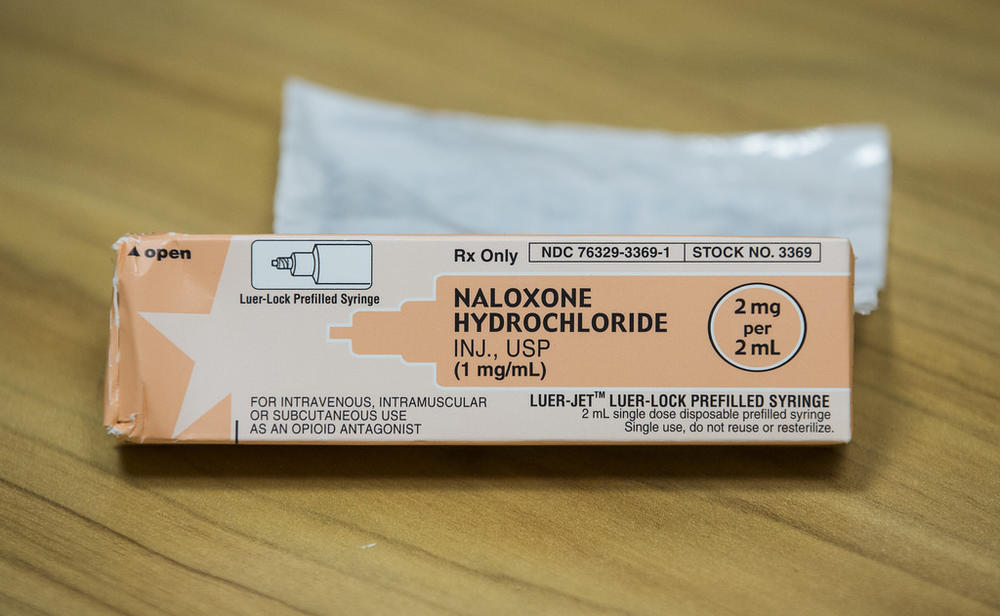Section Branding
Header Content
University System Of Georgia Tackles Opioid Abuse
Primary Content
The University System of Georgia is making an antidote for opioid overdoses available on all its campuses. The drug Naloxone can reverse the effects of an overdose on opioids like heroin and fentanyl.
The use and addiction of the opioid heroin has increased throughout the United States and is trending among 18-25 year olds. According to the Centers for Disease Control and Prevention, a little over 1,300 people died in Georgia from opioid overdoses in 2015, the most recent year with available data.
Naloxone can save the life of someone suspected of overdosing, and it will soon be available to campus law enforcement at all of Georgia’s public colleges and universities.
“Campus safety is our top priority,” Board of Regents Chairman C. Thomas Hopkins Jr. said in a statement released by the University System. “Making the drug Naloxone available to our safety departments across all of our campuses can make the difference in saving a life.”
USG law enforcement officers are authorized to obtain and administer opioid antagonists in suspected cases of overdoses. Sue Riseling, head of the International Association of Campus Law Enforcement Administers, said that the anti-overdose drug is a logical next step for colleges trying to fight addiction.
“Most campuses have gone through the prevention phase, the interdiction stage, the intervention phase. And so now, really, we’re at a point nationally where we have to be in a response phase,” Riseling said.
Other colleges have made Naloxone available to campus police, but the University System of Georgia may be the first statewide system to do so.
“Over half of our campuses already have the opioid antagonist, Naloxone,” Bruce Holmes, USG Chief of Police, said in a statement. “The remaining campuses are in the process of making Naloxone available to their officers for use in the field.”
At colleges, campus police can often be the first ones on the scene. Naloxone is an important tool for first responders, and it can be used to protect students, campuses, and surrounding communities.
“To have someone who’s a trained first responder be equipped with all the tools necessary to render medical aid is really an important thing, and I can see why universities would want to do this,” Riseling said.
The availability of Naloxone can help heroin-related overdose deaths, which have been on the rise.


